Talking to Dan Tri reporters about the important milestones of Vietnamese diplomacy during the 80th anniversary of the founding of the country, on the occasion of the 80th anniversary of the August Revolution and National Day September 2, former Vietnamese Ambassador to the US Pham Quang Vinh, member of the Prime Minister's Policy Advisory Group, former Deputy Minister of Foreign Affairs, emphasized that during that extremely glorious journey, diplomacy was like a main front in the fight for independence, national liberation and national development.
Former Ambassador Pham Quang Vinh has 40 years of experience in diplomacy, having had many opportunities to witness, contribute to and accompany many important diplomatic events of the country. He believes that in diplomacy, “every step is a learning step, a valuable experience”.
Recalling the impressive things during his working process, former Ambassador Pham Quang Vinh told about the period when he participated in building the scenario to put the Charter and the new ASEAN apparatus into operation.
“I personally participated directly in the drafting and negotiation of the ASEAN Charter to be submitted to senior leaders for approval. It was a process of interaction and advocacy, with times when there were many conflicting opinions, but there were also times when there was a high level of consensus,” said Mr. Vinh.
He also recalled the time in 2010 when he participated in consultations within ASEAN and partner countries to make the final decision to invite Russia and the US to join the expanded East Asia Summit. This created a new East Asia Summit, as an extremely important part of the new regional structure built by ASEAN, according to the former Ambassador.
During his tenure as Vietnamese Ambassador to the US, Mr. Pham Quang Vinh also made important contributions in promoting and negotiating many issues related to the first historic visit to the US by the head of the Communist Party of Vietnam (General Secretary Nguyen Phu Trong), as well as the two visits to Vietnam during the same term by two US Presidents (President Barack Obama and President Donald Trump).
During his visit to Vietnam in May 2016, President Obama decided to lift the arms embargo on Vietnam, removing one of the barriers during the embargo period.
Then, in early November 2017, in the first year of his term, President Donald Trump went to Da Nang to attend the APEC summit week and paid a state visit to Vietnam, affirming the strong development period in Vietnam-US relations.
According to former Ambassador Pham Quang Vinh, in addition to the issues on the official negotiating table, which are considered the backbone for the decisions of both sides, he also had many private discussions so that the parties could understand each other better and have closer voices.
“I personally had many private discussions with US government officials in different ministries, so that you can understand yourself better, understand Vietnam's stance better. The story of the visit of the Vietnamese General Secretary to the US or the two US Presidents to Vietnam has many issues related to politics, protocol practices, document drafting or cooperation issues, and many times behind-the-scenes diplomacy also creates many advantages in exchanges and agreements,” said Mr. Vinh.
Reviewing the milestones of Vietnamese diplomacy in the eight decades since the founding of the country, former Ambassador Pham Quang Vinh mentioned the first period from 1945 to 1975, with many important milestones in President Ho Chi Minh's foreign affairs activities or the signing of important agreements such as the Geneva Agreement and the Paris Agreement.
Then, from 1975 to 1990, diplomacy made its mark by breaking the siege and expanding the foreign front, initiating international integration. After reunification, Vietnam faced siege, embargo, war consequences and border issues but still persisted in a just foreign policy.
According to former Ambassador Pham Quang Vinh, the milestones of Vietnam joining ASEAN (1995), normalizing relations with China, signing the Paris Agreement on Cambodia in 1991 and normalizing relations with the US (1995) were very important events, laying the first foundation for Vietnam's regional and international integration process.
Immediately after this period, he said that Vietnamese diplomacy began to promote its position and integrate deeply. “In the past 15 years (from 2010-2025), Vietnam has made breakthroughs in promoting its role and consolidating its position in the international arena, integrating more deeply and with higher quality,” Mr. Vinh commented.
He cited that from 2007 to 2009, Vietnam and other countries drafted the first ASEAN Charter and developed master plans for the ASEAN Community, creating a new vision for the region. Since joining the WTO (2006-2007), Vietnam has also proven that it can develop its domestic economy along with innovation, while bringing new status and resources to the country.
In particular, in recent years, former Ambassador Pham Quang Vinh affirmed that Vietnam has a new position, new capacity and new ability in international integration.
2023 is a time when the world is moving in a complex manner with competition between major countries accompanied by crises, embargoes, traditional and non-traditional security challenges, but Vietnam still maintains a stable environment.
“Vietnam’s relations with the region and partners, especially major countries, including the five powers that are members of the United Nations Security Council, have been maintained, developed and expanded. This has created a much more favorable strategic environment for Vietnam’s security and economic development, which has been highly appreciated by both international and regional friends,” the former Deputy Minister of Foreign Affairs acknowledged.
Today, entering a new era, Vietnam has developed stably, integrated and has a position, so the first priority, according to Mr. Vinh, is to maintain a peaceful and stable environment to serve the development and construction of the country; protect the Fatherland early and from afar.
Besides, diplomacy needs to mobilize all resources to focus on economic development towards improving quality, sustainability, and strongly applying science, technology and innovation.
Along with the above orientations, foreign affairs need to coordinate with all channels to create total strength in maintaining a peaceful, stable, cooperative and developing environment.
“In the context of more international competition, with intertwined challenges and opportunities, foreign affairs must both maintain cooperation and avoid competitive traps, while also taking advantage of opportunities and investors for the country, choosing quality and sustainable investments,” Mr. Vinh suggested.
According to him, the diplomatic sector needs to advise the Party and the Government on how to deal with international issues such as competition between major countries, tariff issues or overcoming supply chain disruptions... to maintain sustainability, because economic security is closely linked to national security.
Upholding the principles of foreign affairs to build trust and consolidate Vietnam's position, according to the former Deputy Minister of Foreign Affairs, is also an important orientation. According to him, foreign affairs need to both do its job and act as a catalyst to connect domestic forces to maximize advantages and resources from outside.
Vietnam targets 8.3-8.5% growth in 2025 and double-digit growth in the next period, and economic diplomacy is one of the important driving forces contributing to promoting this challenging goal.
To improve the effectiveness of economic diplomacy, according to former Ambassador Pham Quang Vinh, first and foremost, it is still necessary to innovate domestically by improving economic capacity, improving governance efficiency and promoting development momentum.
With the target of double-digit growth and two 100-year goals by 2030 and 2045, the former Deputy Minister of Foreign Affairs added that foreign affairs need to take full advantage of a favorable environment for development in the context of increasing competition from major countries; improve growth quality and mobilize external resources, discover opportunities to diversify markets and supply sources; seek quality investment sources to serve national development...
In the context of tense strategic competition between major powers and armed conflicts taking place in many places, the former Deputy Minister of Foreign Affairs emphasized the significance of a peaceful diplomacy. He recalled the Ho Chi Minh diplomatic era with its thoughts and practices in handling relations that always harmonized national interests and the complex international context.
Today, that idea, according to Mr. Vinh, is still true. The first thing he emphasized is that diplomacy must maintain independence and autonomy; emphasize national interests based on international law and mutually beneficial cooperation.
“Independence and autonomy help Vietnam make harmonious decisions, not siding with one side or the other, not falling into the competition trap but still gaining support from all sides,” Mr. Vinh stated his opinion.
Besides, the expert suggested that justice should be promoted in handling international issues; international integration should be promoted more comprehensively, deeply, and substantially.
At the conference “Diplomacy in the Ho Chi Minh era: 80 years of dedicated service to the nation and people” organized by the Ministry of Foreign Affairs at the end of July, Deputy Prime Minister and Minister of Foreign Affairs Bui Thanh Son commented that Vietnamese diplomacy has made worthy contributions to the successful completion of the struggle for national independence and reunification.
In particular, economic diplomacy has become a central task and an important driving force for national development. Vietnam has attracted hundreds of billions of USD in FDI capital, becoming one of the 20 countries with the largest trade scale in the world, an important link in 17 free trade agreements (FTAs), connecting Vietnam with more than 60 key economies around the world.
“Diplomacy has made an important contribution to enhancing the country's position, bringing Vietnam from being absent from the world political map to an increasingly important role and position in world politics, the global economy and human civilization,” Deputy Prime Minister and Minister of Foreign Affairs Bui Thanh Son emphasized.
According to Deputy Prime Minister and Foreign Minister Bui Thanh Son, over the past 8 decades, from being “alone and isolated”, Vietnam now has diplomatic relations with 194 countries, built a network of strategic partnerships and comprehensive partnerships with 37 countries, including all major countries and all 5 permanent members of the United Nations Security Council; and is an active member of more than 70 international and regional organizations. Our Party has also established relations with 259 political parties in 119 countries.
In her speech “Courage and intelligence: Diplomacy contributes to changing the situation, turning danger into opportunity, contributing to resolving challenges and opening up development opportunities for the nation”, Ambassador Ton Nu Thi Ninh, former Vice Chairwoman of the Foreign Affairs Committee of the National Assembly, acknowledged that over the decades since officially joining the United Nations, Vietnamese diplomacy has demonstrated its methodical, skillful and effective combination of multilateral and bilateral diplomatic frameworks, as well as diplomatic channels (from the government to the National Assembly and the people) and different aspects (politics, economics - trade, culture and communication).
“The journey of proactive, courageous, and methodical international and regional integration, considering the context, interests, and relationships of all parties, along with participation in a series of multilateral trade agreements, shows that Vietnam has risen in peacetime, both developing its trade economy and ensuring national sovereignty, which is a testament to Vietnam's courage and intelligence continuing to be promoted in the new era,” Ambassador Ton Nu Thi Ninh stated.
According to her, the diplomatic sector needs to identify risks and obstacles as well as take advantage of opportunities, creating an optimal foreign policy situation for Vietnam's rise in the new era.
Looking back at the achievements and difficulties over the past eight decades, Ambassador Nguyen Dy Nien, former Minister of Foreign Affairs, could not hide his pride when talking about Vietnam's position in the international arena today.
"Up to now, with 12 comprehensive strategic partners with all major countries in the world and the region, dozens of strategic partners, comprehensive partners with many other countries, it can be said that Vietnam's position in the world is very high and very stable," former Foreign Minister Nguyen Dy Nien emphasized.
According to him, the current stage is a golden opportunity for Vietnamese diplomacy to promote its potential capacity.
Speaking at the 1st Congress of the Party Committee of the Ministry of Foreign Affairs for the 2025-2030 term in July, Prime Minister Pham Minh Chinh also acknowledged the diplomatic sector's tireless efforts and struggles to create an environment of peace, cooperation and development in the region and the world.
According to the head of the Government, foreign affairs have continuously consolidated "position and strength," expanded friendly relations and cooperation with neighboring countries, regions, traditional friends, and strategic partnership networks.
The Prime Minister requested the diplomatic sector to continue to promote its pioneering, important, and core role in implementing an independent, self-reliant, diversified, and multilateral foreign policy, being a good friend and reliable partner with all countries, and an active and responsible member of the international community, for the goals of peace, cooperation, and development.
Also according to the Prime Minister's request, the diplomatic sector must regularly monitor and grasp the regional and world situation to ensure comprehensive coverage; respond flexibly, promptly and effectively to developments and provide timely strategic advice, not to surprise the Party and State with new issues.
The Prime Minister believes that with high spirit, responsibility, passion for the profession, and aspiration to contribute, the diplomatic sector will successfully implement the foreign policy of the Party and State, contributing to building and defending the Fatherland, and entering a new era with the country.
Content: Hoai Thu
Design: Tuan Huy
Dantri.com.vn
Source: https://dantri.com.vn/xa-hoi/8-thap-ky-va-hanh-trinh-tu-than-co-the-co-den-vi-the-tren-truong-quoc-te-20250812091806486.htm















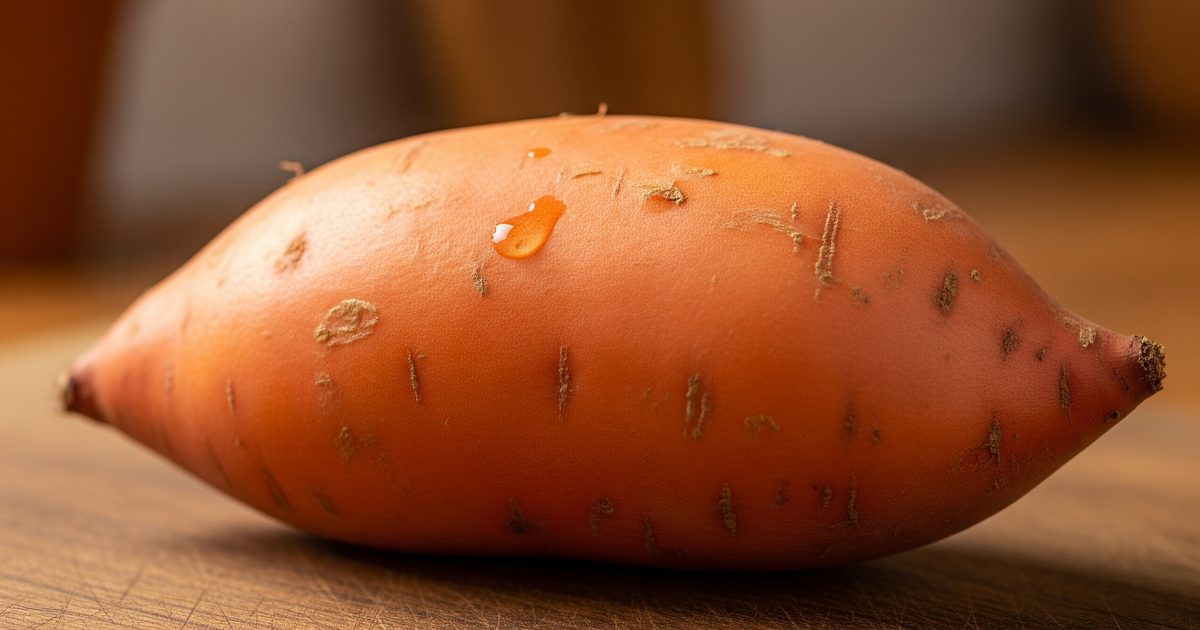
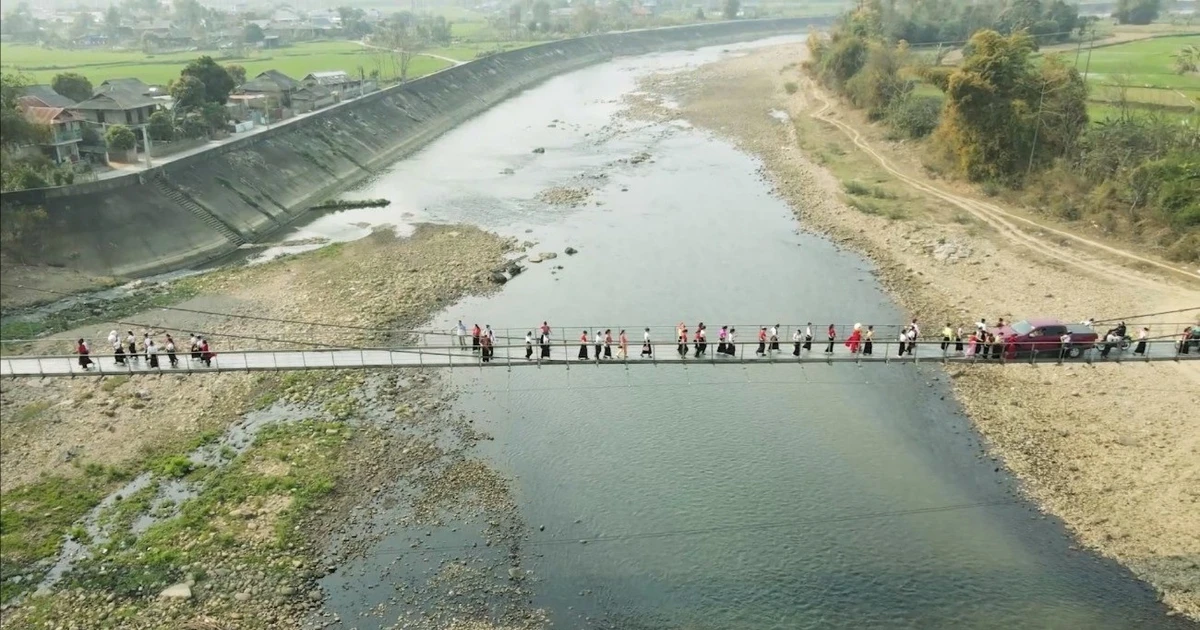
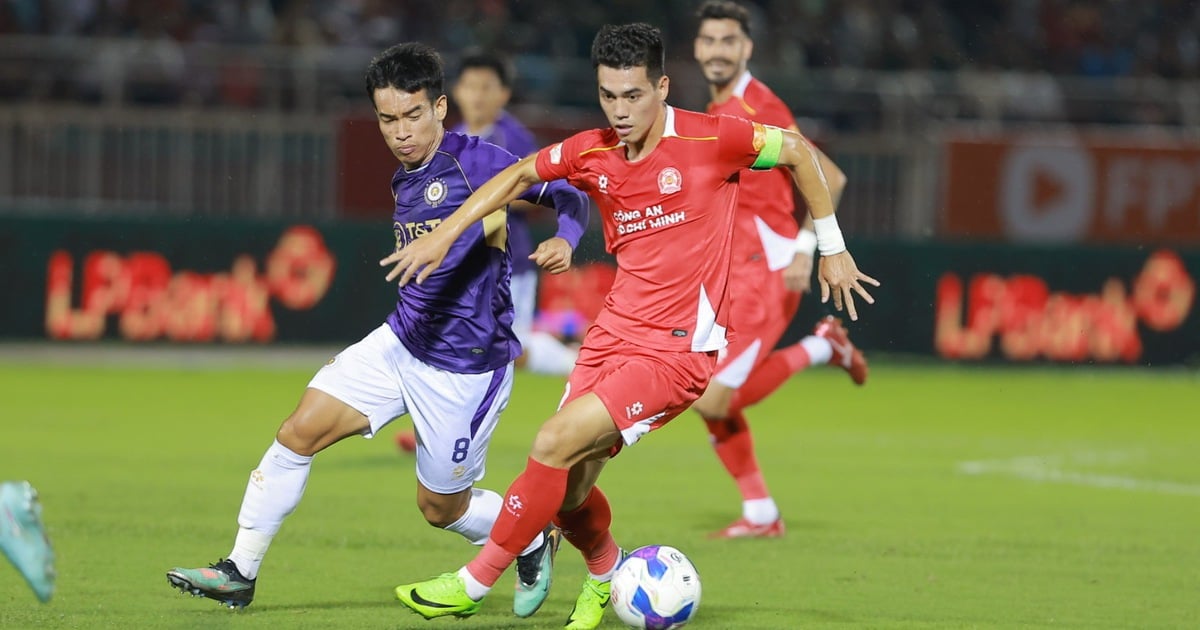
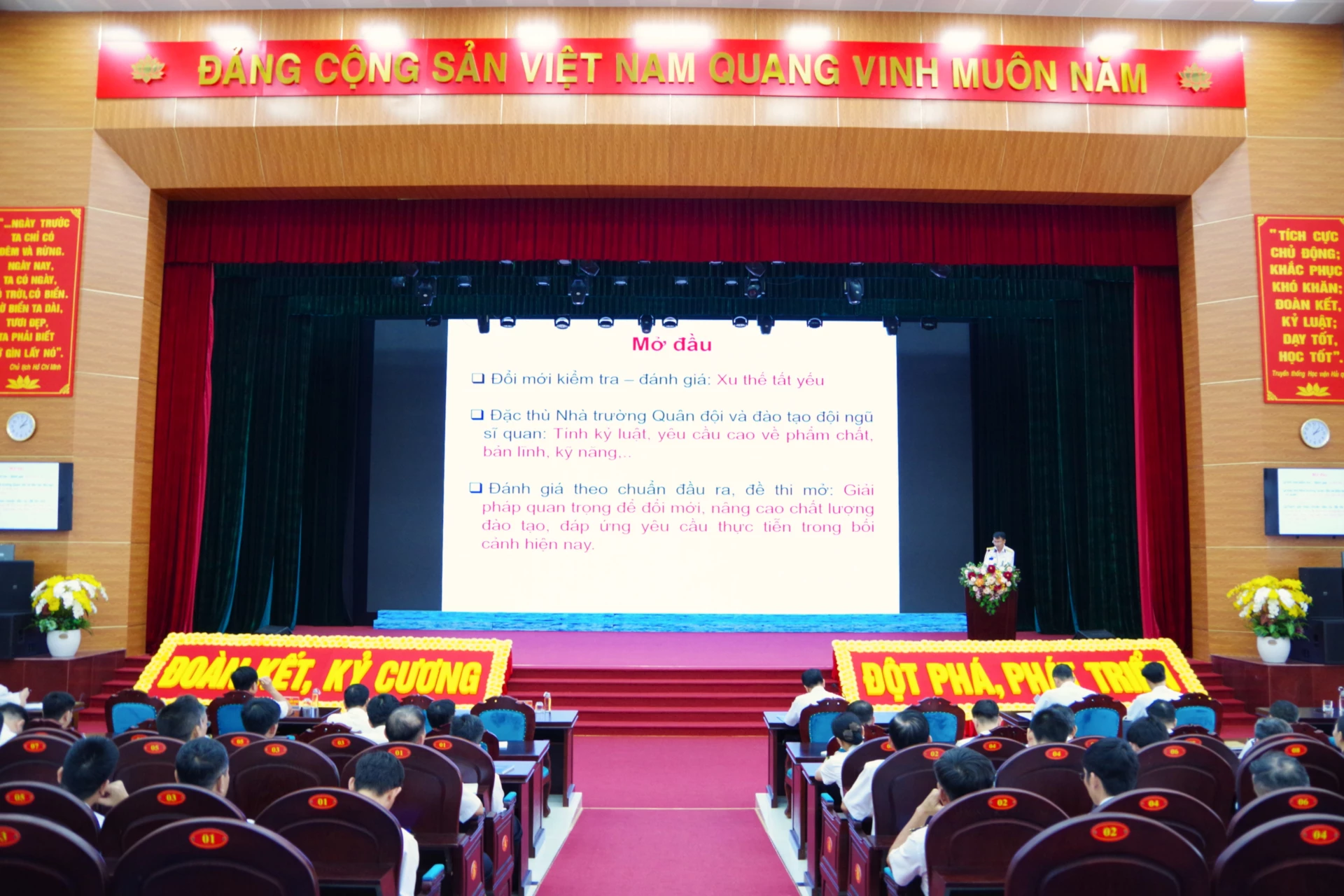
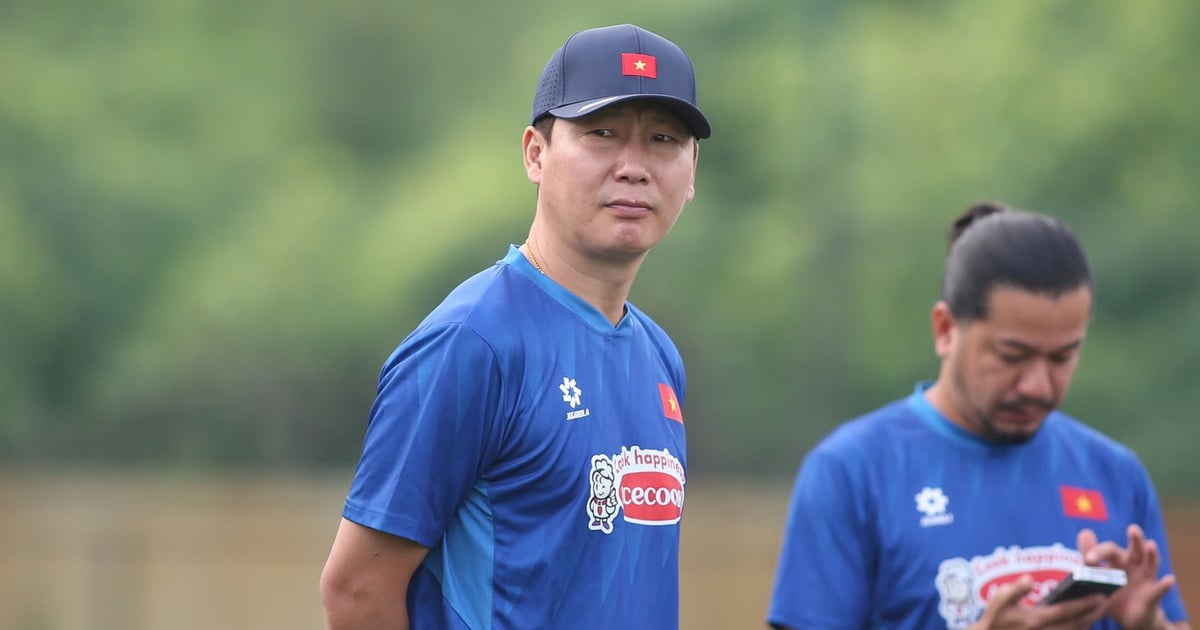
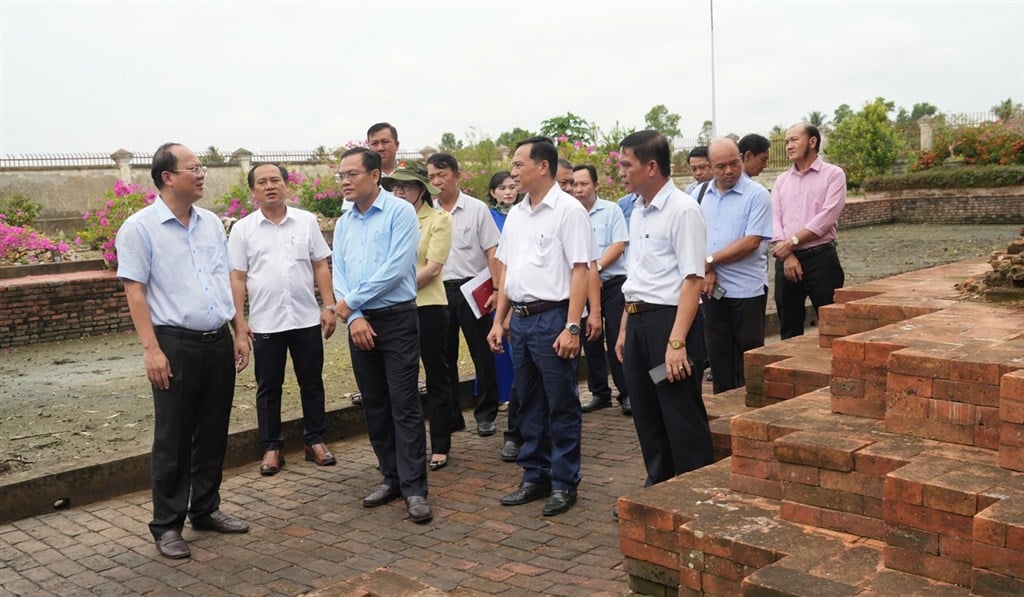
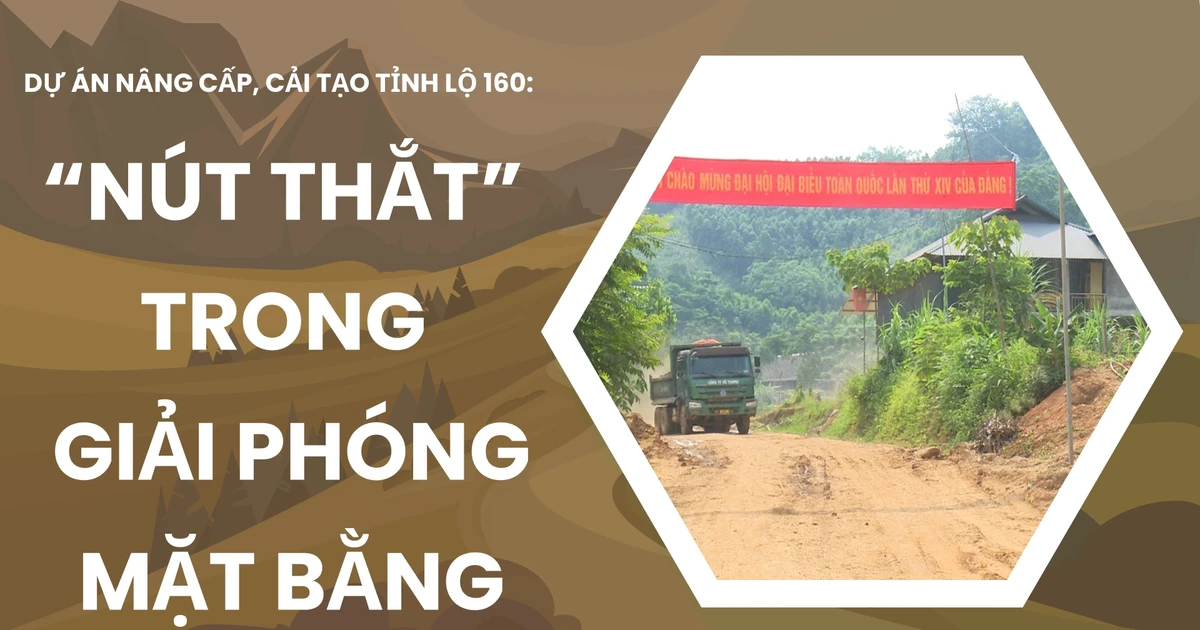
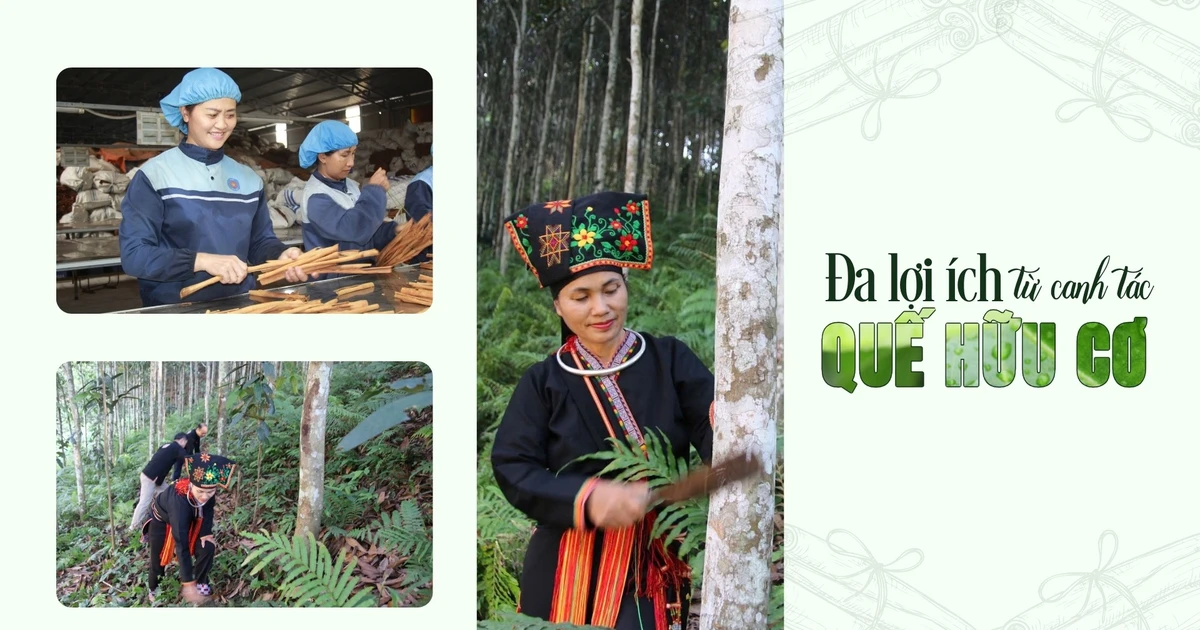

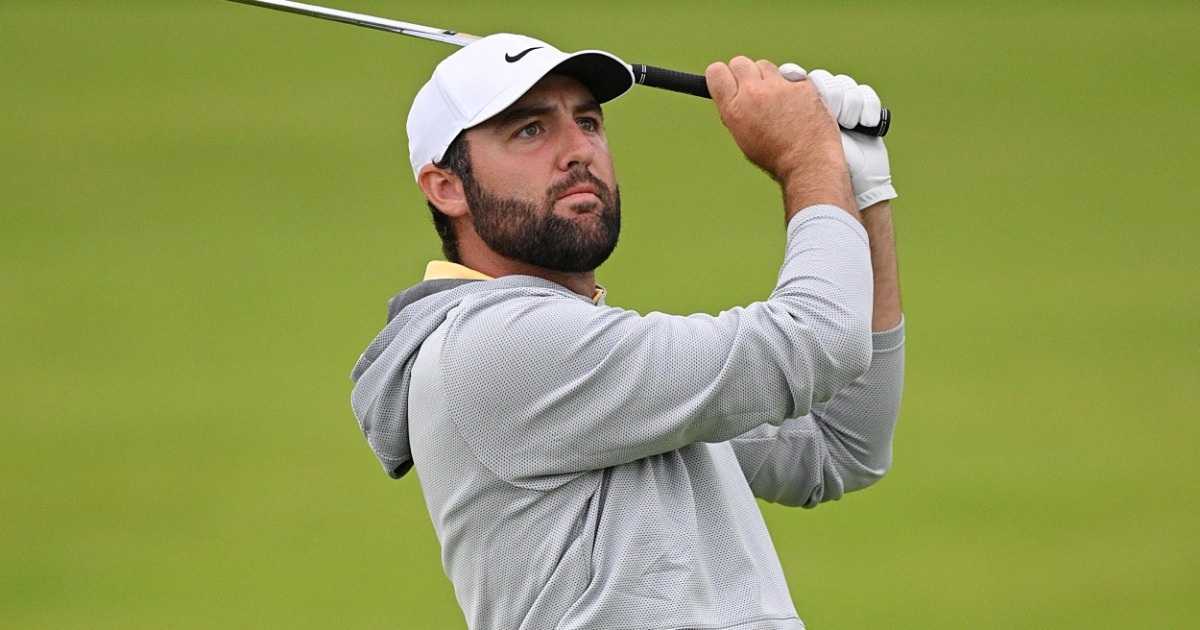










![[Photo] An Phu intersection project connecting Ho Chi Minh City-Long Thanh-Dau Giay expressway behind schedule](https://vstatic.vietnam.vn/vietnam/resource/IMAGE/2025/8/21/1ad80e9dd8944150bb72e6c49ecc7e08)







































![[Photo] Politburo works with the Standing Committee of Hanoi Party Committee and Ho Chi Minh City Party Committee](https://vstatic.vietnam.vn/vietnam/resource/IMAGE/2025/8/21/4f3460337a6045e7847d50d38704355d)

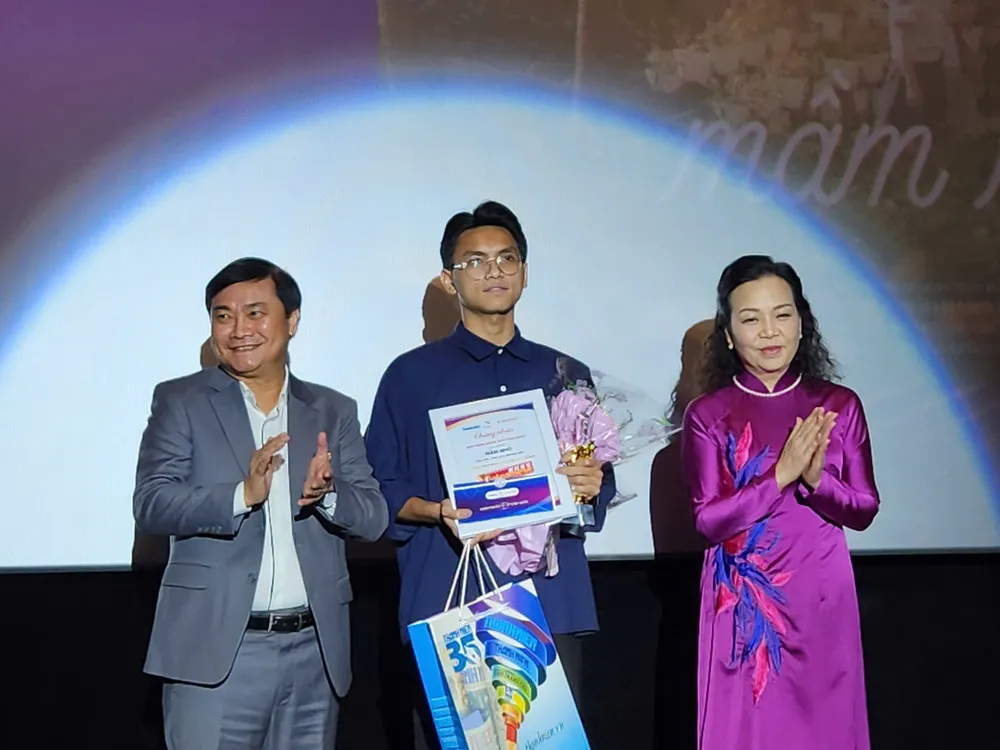































Comment (0)